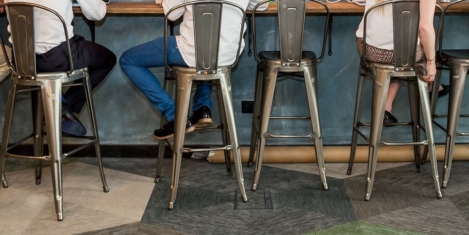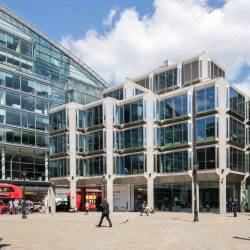November 15, 2019
UK industries leading global charge for AI investment, study claims
 A new study claims that the UK is at the forefront of a global drive for Artificial Intelligence investment, with a near universal 99 percent of UK respondents planning to invest in AI, versus 80 percent in North America, and 83 percent in mainland Europe. The report from IFS (registration) sets out to explore the perception and adoption of AI within core industries worldwide. It polled the views of 600 decision makers working with technology and suggests that AI will predominantly be used to make existing workers more productive (60 percent) and add value to products and services (48 percent).
A new study claims that the UK is at the forefront of a global drive for Artificial Intelligence investment, with a near universal 99 percent of UK respondents planning to invest in AI, versus 80 percent in North America, and 83 percent in mainland Europe. The report from IFS (registration) sets out to explore the perception and adoption of AI within core industries worldwide. It polled the views of 600 decision makers working with technology and suggests that AI will predominantly be used to make existing workers more productive (60 percent) and add value to products and services (48 percent).



































November 16, 2019
Is IoT the answer to occupancy level issues?
by Byron BeMiller • Comment, Facilities management, Technology